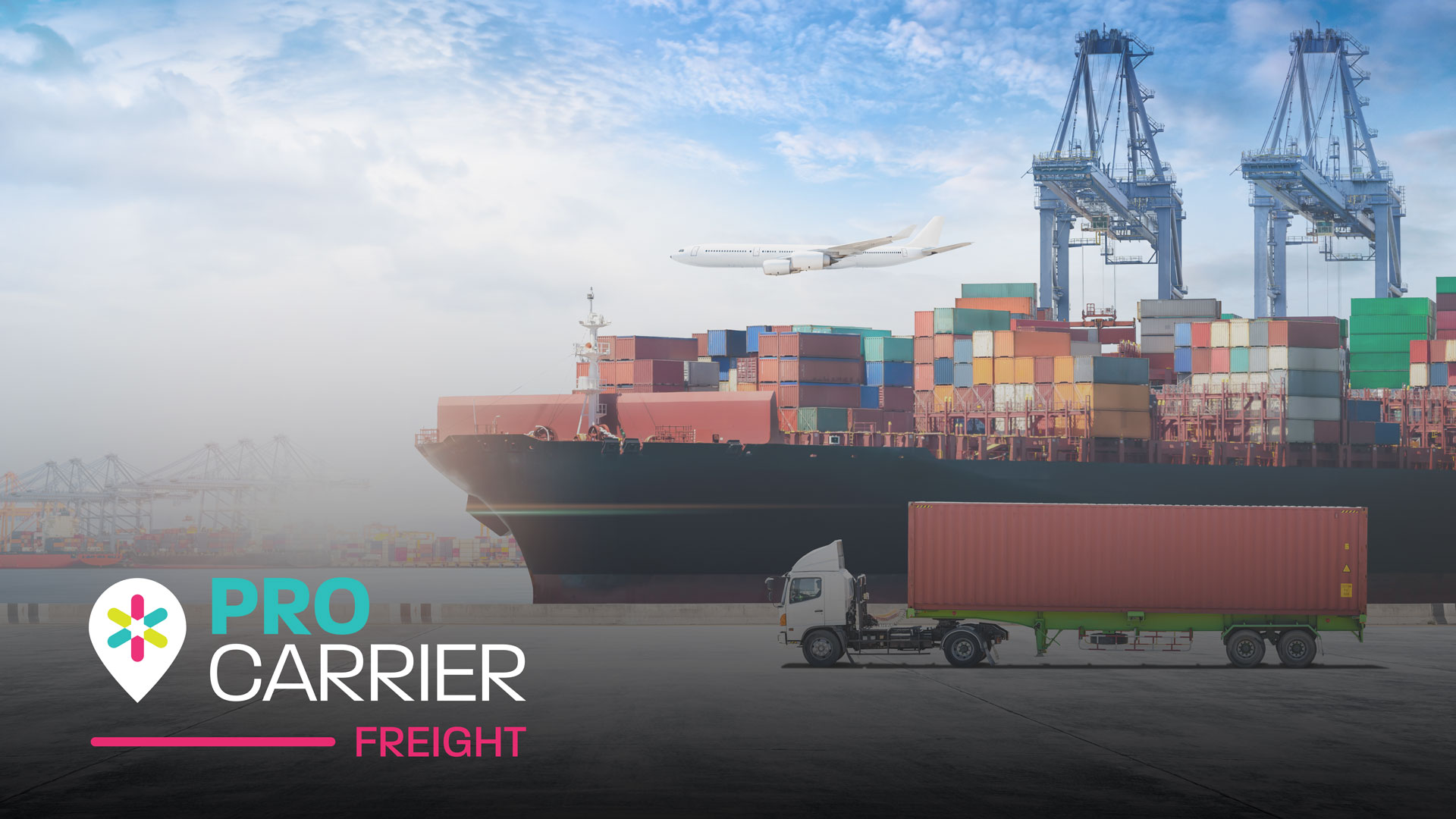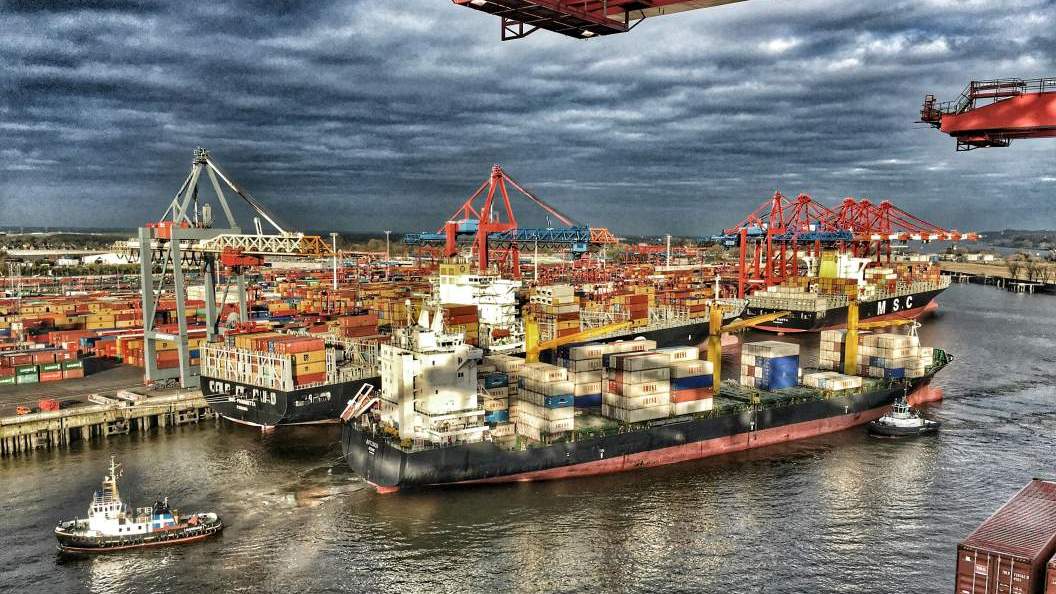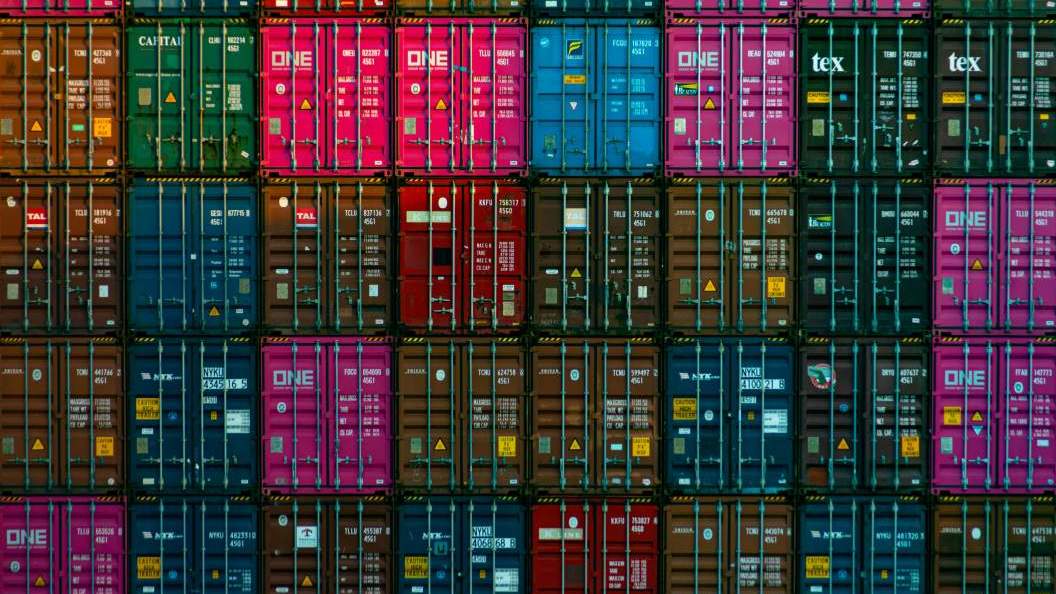Topic of the week: Maersk accelerates methanol-powered fleet expansion, calls for regulatory clarity
Maersk, the world's largest container shipping company, is pushing forward with its ambitious plan to transition its fleet to methanol-powered vessels. The company has announced plans to add at least 19 methanol-powered vessels to its fleet by the end of 2025, with 10 new vessels to be delivered in the next two years.
Maersk's decarbonisation strategy is centered around methanol, with 25 methanol-powered container ships in its orderbook. The company is also working on retrofitting its existing fleet to run on methanol, with the successful conversion of its container ship Maersk Halifax into a dual-fuel vessel.
The expansion of Maersk's methanol-powered fleet comes as the company prepares to receive its first shipment of e-methanol from the Kassø Power-to-X facility in Denmark. The facility, which has an annual production capacity of 32,000 tonnes of e-methanol, is expected to play a significant role in meeting Maersk's methanol demand.
Maersk has secured multiple offtake agreements with methanol producers to secure sufficient volumes of methanol for its new ships. The company's combined methanol offtake agreements now meet more than 50% of its dual-fuel methanol fleet demand in 2027.
However, fuel availability remains a major challenge for container shipping companies transitioning to alternative fuels. Maersk has announced a fuel-diversity strategy that will include biomethane, biodiesel, and potentially ammonia, in addition to methanol. The company has ordered 20 gas-powered vessels capable of running on biomethane, with the option to adjust the specifications to methanol dual-fuel.
Maersk's Head of Fleet Management and Technology, Leonardo Sonzio, emphasised the need for regulatory clarity to accelerate the energy transition. He called on the International Maritime Organisation (IMO) to close the price gap between fossil fuels and alternative fuels that offer real emission reductions, based on solid lifecycle assessments.
The IMO is expected to make pivotal decisions regarding mid-term measures to reduce greenhouse gas (GHG) emissions from shipping. The measures, part of the draft amendments to MARPOL Annex VI under the "net-zero framework", remain under development, with critical details yet to be finalised.
In conclusion, Maersk's accelerated methanol-powered fleet expansion is a significant step towards decarbonising the container shipping industry. However, regulatory clarity is crucial to overcome the challenges associated with fuel availability and to accelerate the energy transition. The IMO's decisions on mid-term measures to reduce GHG emissions from shipping will play a critical role in shaping the future of the industry.
Sea:
- Over the last two weeks China/East Asia to North America West Coast spot rates have increased by 22.7% from $4,825/FEU to $5,924/FEU according to Freightos data.
- China/East Asia to North America East Coast spot rates have risen over the last two weeks, increasing by 12.8% to $6,898/FEU.
- Global container spot prices have risen over the last two weeks, and are now sitting at $4,287/FEU, a 12.7% increase over the last two weeks and a 38.6% increase from spot rates this time in 2024 according to the Freightos Baltic Index (FBX)
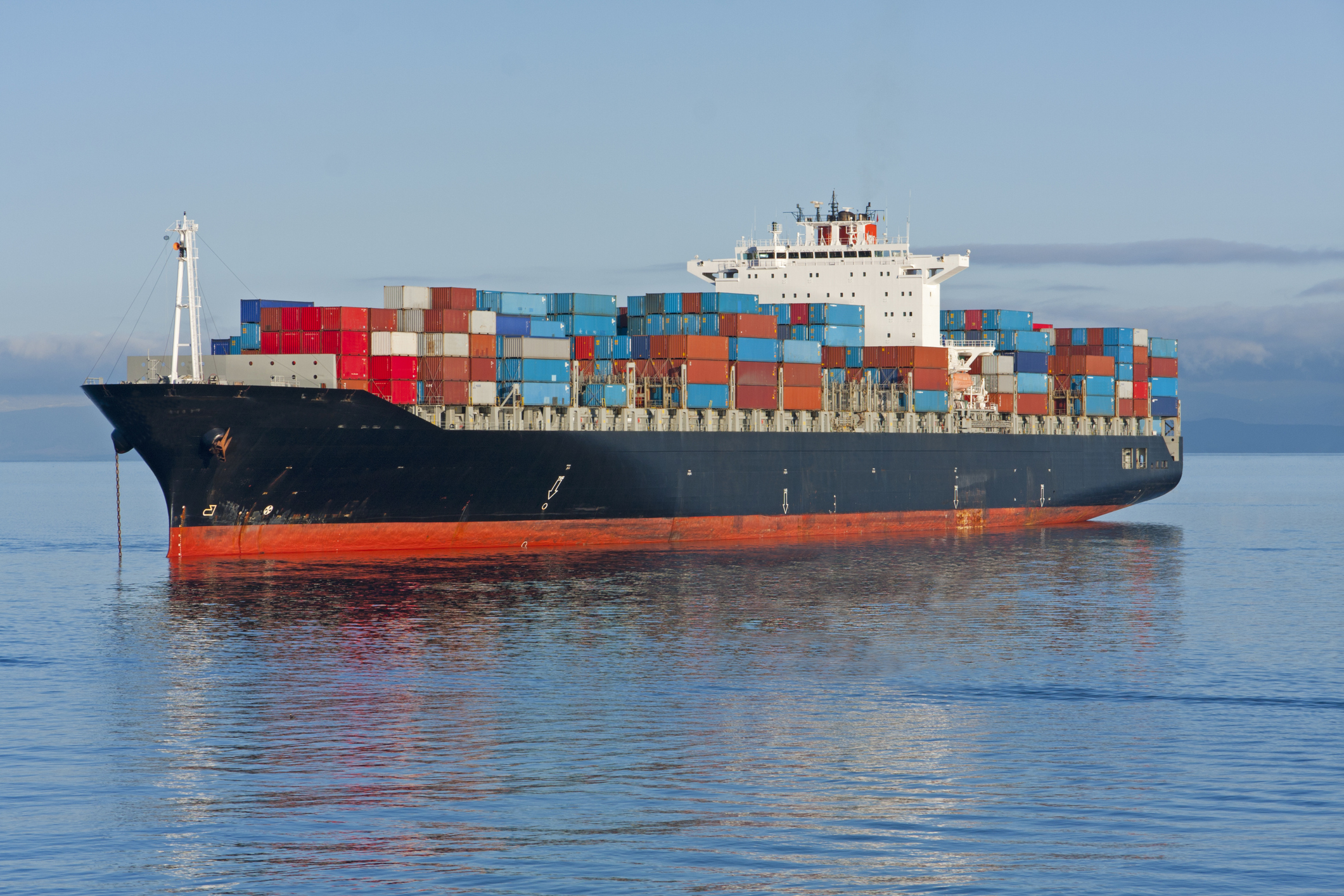
Air:
- Global Air Freight spot rates currently sit at $2.27, as rates continue to fluctuate according to the Freightos Air Freight Index (FAX)
- Europe to Northern America spot rates currently sit at $2.11 (100-3000kg), says FAX, decreasing by 8.2%
- Europe to Asia, Greater China spot rates currently sit at $1.09 (100-3000kg), says FAX, decreasing by 5.2%
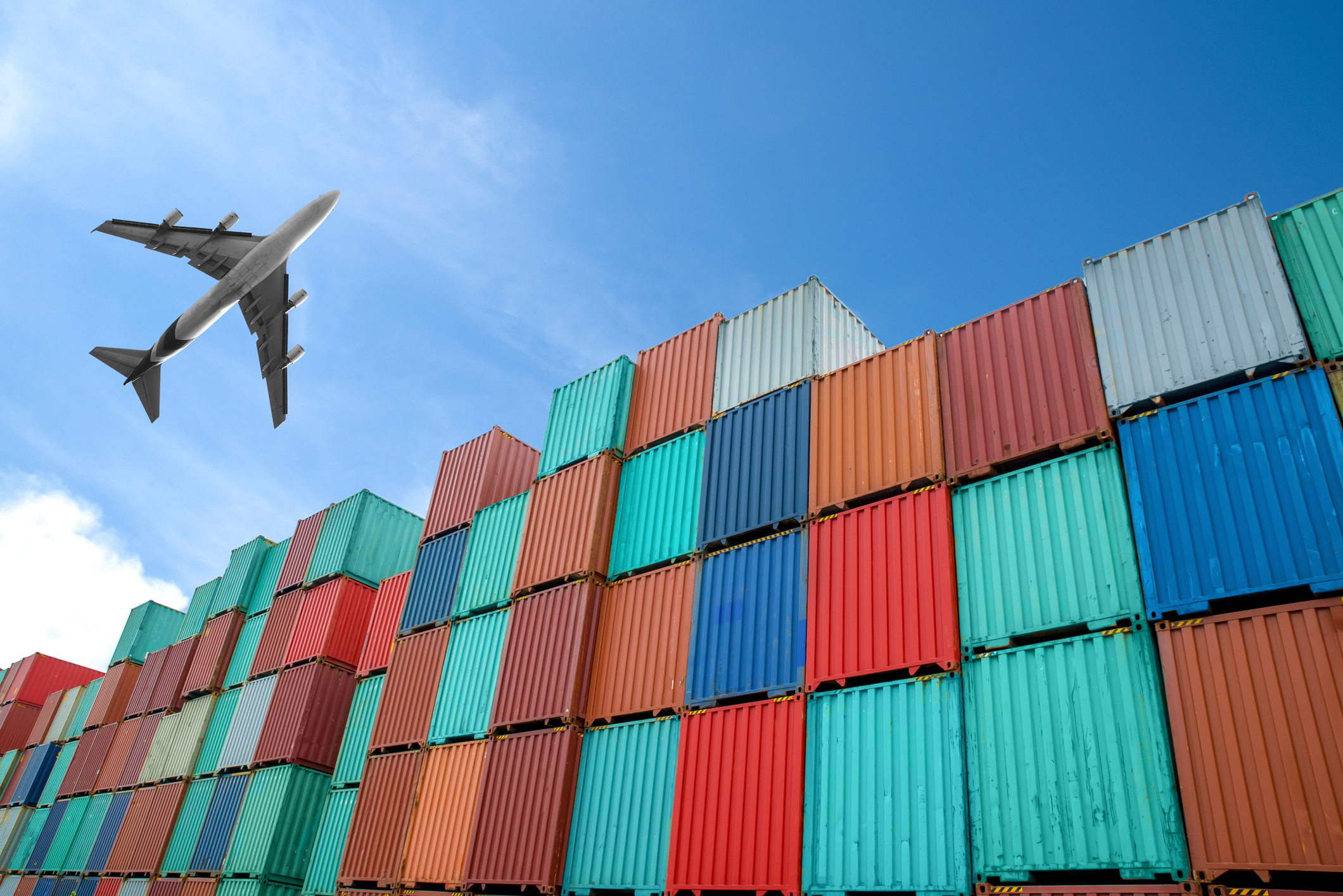
That’s all for this week’s update…
Check out our other insights and articles for more in depth industry news and trending topics, or get in contact to discuss some of our best in class freight forwarding services!
